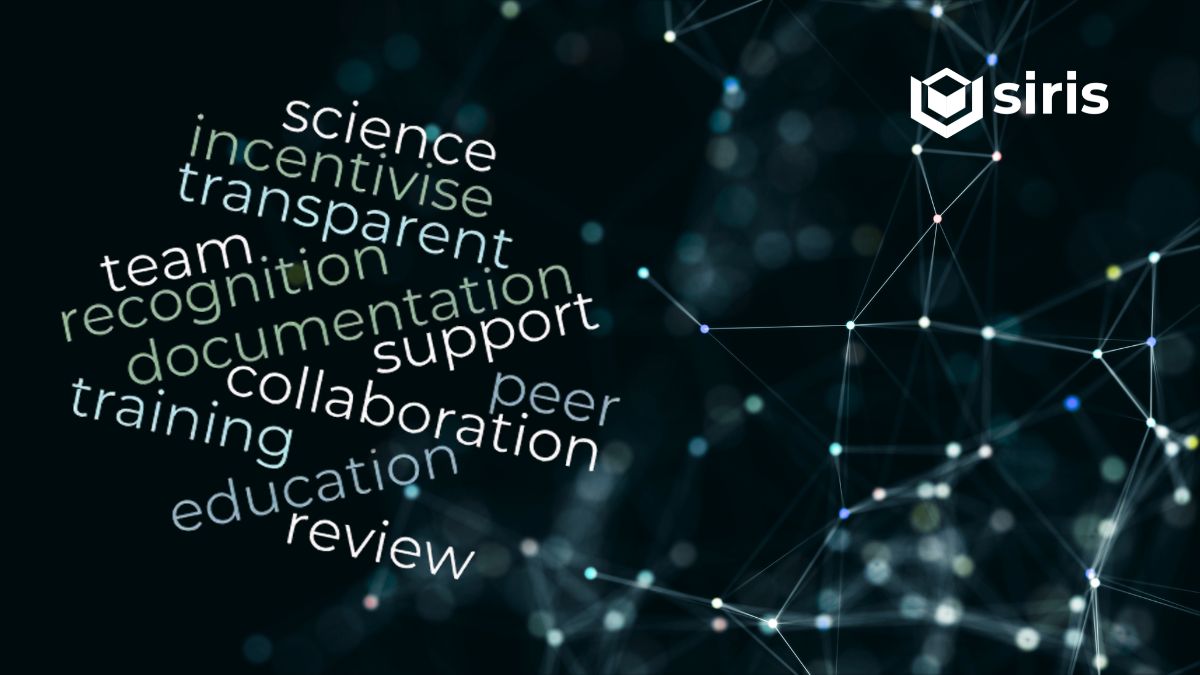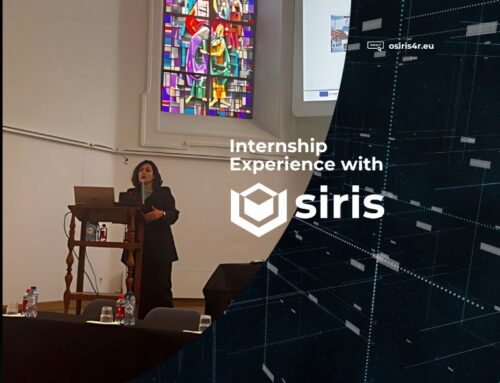
The OSIRIS WP2 team has been organizing a series of focus group discussions with different stakeholders to explore their views on and need for reproducibility in research and what could be done to achieve more reproducible research.
A group of research support staff and publishers at the World Conference of Research Integrity discussed the relationship between research integrity and reproducibility, emphasizing that reproducibility is essential for assessing research credibility. Participants suggest that integrating reproducibility into research evaluation criteria, enhancing documentation practices, and offering institutional support for researchers might be beneficial. Initiatives that some research institutions are already taking include open data policies, statistical training centers and manuscript pre-submission reviews to ensure research transparency. Participants call for better collaboration between stakeholders, researchers, institutions, funders, and publishers, through shared language, better communication and aligned policies.
A group of journal editors see enforcing better research reporting rather than influencing how research is conducted as a key contribution they can make. Journals can mandate detailed methodology descriptions in manuscripts, data, and code sharing to improve reproducibility. But researchers’ reluctance to comply due to effort, lack of resources and fear of exposing flawed data or code can be a barrier. Automation could help to monitor compliance, as manual verification would be impractical at scale. But the lack of monitoring limits progress. They also call for collaboration among journals, funders, institutions and researchers to create unified standards and structural changes in research evaluation as an incentive.
Representatives of national reproducibility networks see a strong connection between open science and reproducibility, but acknowledge that many researchers still view open science primarily as open access publishing rather than a broader framework that includes data sharing and methodological transparency. Challenges differ by country and field. Resource constraints are a major obstacle, particularly in lower-income regions where researchers often self-fund research. There is then a reluctance to share data for fear of losing competitive advantage. Also, the competitive nature of academia discourages transparency, with researchers worrying about being scooped or losing control over their data. National networks engage with policymakers, funders and institutions to push for systemic change, such as advocating for reproducibility in research assessment criteria, offering training to early-career researchers, and participating in conferences outside the reproducibility community to raise awareness about the topic. They call for collaboration among researchers, institutions and funders to integrate reproducibility into research culture; and indicate that lasting change requires both top-down policy enforcement and bottom-up community engagement.
ReproducibiliTea journal clubs see their role mainly as raising awareness and creating safe spaces for early career researchers to discuss reproducibility, share experiences, and build networks. They promote interdisciplinary engagement and provide grassroots support for better research practices. Participants debated whether the clubs should focus on fostering individual change or pushing for broader institutional reforms. Barriers such as time pressure, career demands and lack of senior faculty support were noted, especially for early career researchers. Training on reproducibility is limited and often attracts only those already interested. Compulsory training to ensure broader engagement was suggested, although some worried it could reduce genuine interest. Early career researchers were identified as key targets to improve awareness, with suggestions that reproducibility education should begin as early as undergraduate studies. Researchers often see reproducibility as a collective issue but fail to recognize their own role. Changing this mindset is crucial to driving improvements. Achieving improved reproducibility requires a combination of cultural change, institutional incentives and comprehensive education. While ReproducibiliTea Clubs can offer valuable grassroots support, systemic reforms and sustained commitment to research integrity are vital for long-term progress.
The interest of civil society organizations in achieving trust in science relates to inclusivity, accessibility and transparency. They emphasize the importance of engaging all stakeholders, including marginalized communities, in meaningful ways. This requires clear communication, the democratization of knowledge and making research outcomes comprehensible to non-experts. Inclusivity must be incorporated from the outset of research rather than being added later. They shared examples where communities have helped shape research questions and methodologies, emphasizing the importance of acknowledging the value of lived experience alongside academic expertise. Reducing the pressure on researchers to produce rapid results could improve research quality and reproducibility. CSOs are often still excluded from meaningful discussions, so they emphasized the need for long-term engagement rather than token participation. They called for continued advocacy to ensure funders and policymakers recognize the value of inclusivity in science, with the need for structural changes and cultural shifts in academia to prioritize collaboration and transparency.
Group discussions with research funders and research institutions are still on the agenda.
We concluded each discussion by asking for the one thing that could improve reproducibility. These are:
- Incentivise reproducible research through recognition in research evaluation for promotion and tenure
- Good documentation of research
- Support for researchers through team science
- Incentivise with carrots such as good data storage
- Education and training
- Collaboration between researchers, journals, publishers and funders to solve this issue
- Better peer review as quality assurance
- Transparent writing
These discussions highlight a simple truth: there is no silver bullet for improving reproducibility. It requires structural reform, cultural change, education, and collaboration, from early-career researchers to institutions and international networks. OSIRIS will continue these conversations in the months ahead and use these insights to inform its work on advancing research integrity across Europe.
Stay tuned for updates on other OSIRIS activities! Visit our website to read our blogs and events section and follow us on social media to discover what’s new and how you can get involved!









Keep In Touch